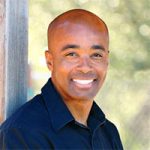
Barry Franklin
The blog provides specific information to help you decide if forensic science is the right choice for you. With the inside scoop on forensic science professors, schools and training programs, as well as detailed information on the steps and requirements to become a forensics professional, the ForensicsColleges.com blog is a fine place to begin your research.
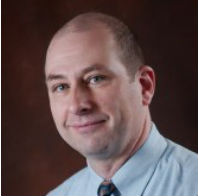
Ralph Ristenbatt III is not sure why he made the same Top Forensic Science Professors list as the renowned criminologist Dr. Henry Lee, but that doesn’t mean his experience in the field should be discounted – especially to students interested in a career in forensic science.
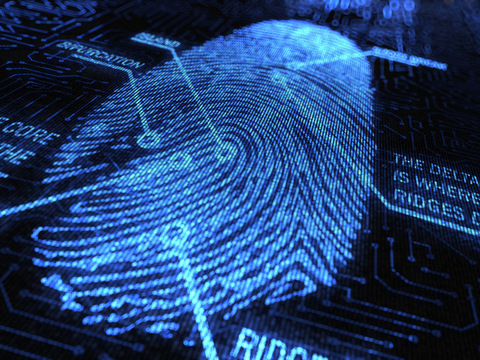
DNA analysts look at the bodily fluids, blood and hair follicles found at a crime scene with the purpose of trying to connect these pieces of evidence back to a suspect. Generally, they work in crime labs and have an education founded in genetics, forensic science, molecular biology or a similar field.
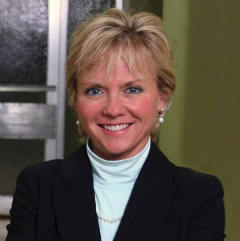
Forensic pathologists bring their considerable expertise to bear on cases that rely on their medical and investigative training to determine cause of injury, death, or disease, and whether a case is worthy of criminal investigation. While the academic path to become a forensic pathologist can be long and arduous, the career can be a rewarding one, as pathology is so essential to the realization of justice.
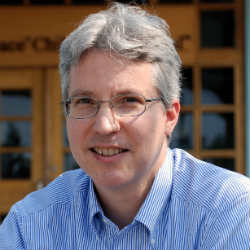
Ralph Ristenbatt III is not sure why he made the same Top Forensic Science Professors list as the renowned criminologist Dr. Henry Lee, but that doesn’t mean his experience in the field should be discounted – especially to students interested in a career in forensic science.
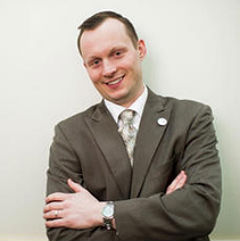
As governments and enterprises increase their reliance on network and cloud storage, it becomes ever more important to protect that infrastructure and the data it stores; this mission-critical need drives ongoing demand for tech-savvy cybersecurity and digital forensics professionals, so for those with a dual interest in law and digital, a career in computer forensics could be the perfect fit.
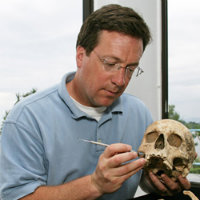
Forensic anthropologists use a combination of specialized skills from physical anthropology and human biology to help analyze and identify human remains for the use in court and or law. The remains of deceased individuals in crime scenes can range from skin tissue mutilation to unrecognizable remains in which the assistance of forensic anthropologists is pertinent to helping solve criminal cases.
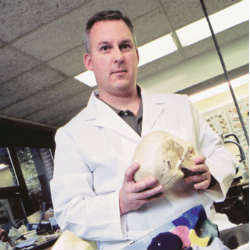
Forensic science is an umbrella term for the field of forensics, as it refers to the application of various sciences and technologies to help collect evidence and investigate cases for the legal matters. Forensic scientists can range from crime laboratory analysts to psychologists, and they all have specialized industry skills and knowledge to apply towards their area of study.
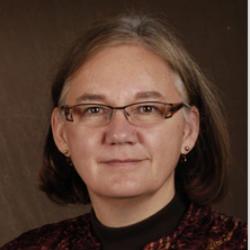
Some people who enter a career in forensic nursing might never feel the need to extend their impact beyond work in clinics, hospitals and labs, but Dr, Cathy Carter-Snell of Alberta, Canada believes teaching at the university level is another way to have an effect. In fact, she’s been a professor at Mount Royal University in Alberta for 17 years, and had a significant role in 1997 in helping launch the school’s online forensic certificate program.

Barry Franklin
Before co-founding Sechel Ventures Partners LLC, Barry Franklin was a VP at a Silicon Valley software company. He is an investor and advisor for DataSimply and Impellia. Barry believes that education and lifelong learning are paramount. Barry met his wife at Carnegie Mellon University and they have two beautiful daughters. He also volunteers for various committees at his kids’ high school.